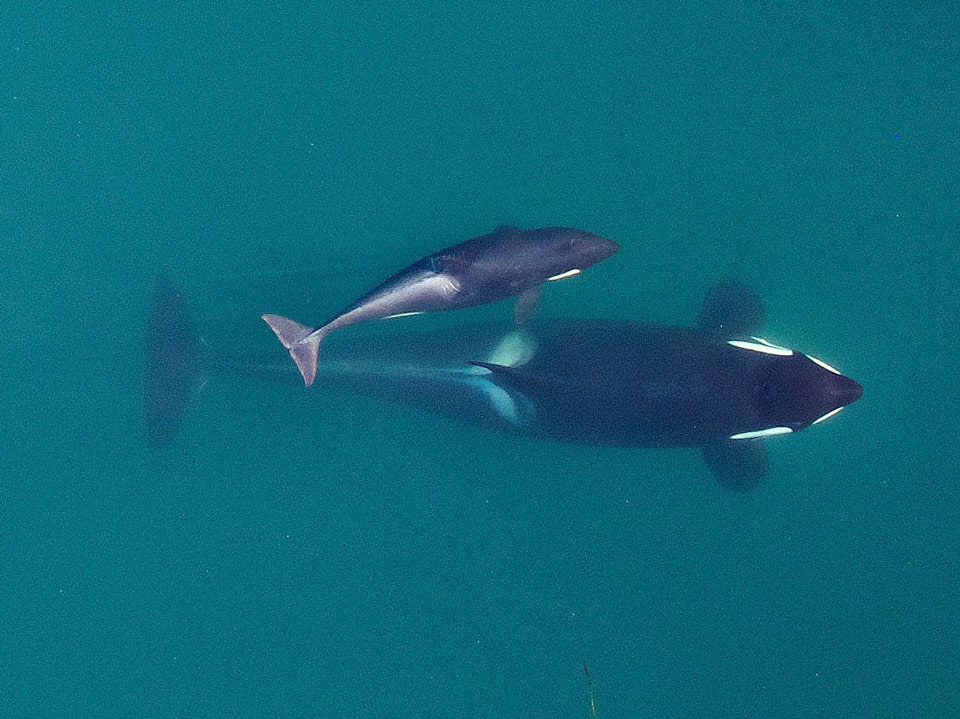15,910 Square Miles of Critical Habitat Added to Existing Salish Sea Protections
July 30, 2021 - SEATTLE— Responding to legal pressure from the Center for Biological Diversity, the federal government finalized a new rule today expanding critical habitat protection along the West Coast for critically endangered Southern Resident killer whales. The population of Southern Residents stands at just 74 orcas.
The National Marine Fisheries Service designated 15,910 square miles of new critical habitat, expanding current protections in Washington’s Salish Sea south along the coasts of Washington, Oregon and California to Point Sur.
The final rule, which is more protective than the one proposed in September 2019, follows an April 2019 court-ordered agreement achieved after the Center sued the Trump administration in 2018 for failing to issue habitat protections required by the Endangered Species Act.
“These critically endangered orcas are finally getting the federal habitat protections they desperately need,” said Julie Teel Simmonds, an attorney at the Center. “This long-overdue habitat rule will help save these extraordinary animals and their prey from pollution, noise, harassment and habitat degradation. But we have to do more to help this endangered population rebound, including restoring the native salmon runs they need to survive.”
The expanded critical habitat covers important foraging areas, river mouths and migratory pathways along the Pacific Coast from the Canadian border to Big Sur, California. Added to the current habitat protections in Washington’s inland waters, the total designation encompasses more than 18,000 square miles of marine habitat.
While these orcas spend much of the summer in the Puget Sound and Salish Sea (areas protected as critical habitat in 2006), they travel extensively along the West Coast during the winter and early spring, congregating near coastal rivers to rest and feed on migrating salmon.
The Center petitioned in 2014 to better protect areas off the coasts of Washington, Oregon and California. The Endangered Species Act prohibits federal agencies from authorizing activities that will destroy or harm a listed species' critical habitat. Animals with federally protected critical habitat are more than twice as likely to be recovering as species without it, a Center study found.
The Center has other pending lawsuits against the federal government to protect Southern Resident killer whales. A lawsuit filed in 2019 seeks an updated analysis of how Pacific salmon fishing is harming the orcas and management measures to reduce that harm, and one filed in 2021 seeks an analysis of noise pollution, contaminants and disturbance in the orcas’ Salish Sea habitat from dredging Seattle Harbor to allow larger container ships.
Southern Resident orcas. Photo credit: NOAA Fisheries.
The Center for Biological Diversity is a national, nonprofit conservation organization with more than 1.7 million members and online activists dedicated to the protection of endangered species and wild places.
Source: Center for Biological Diversity








